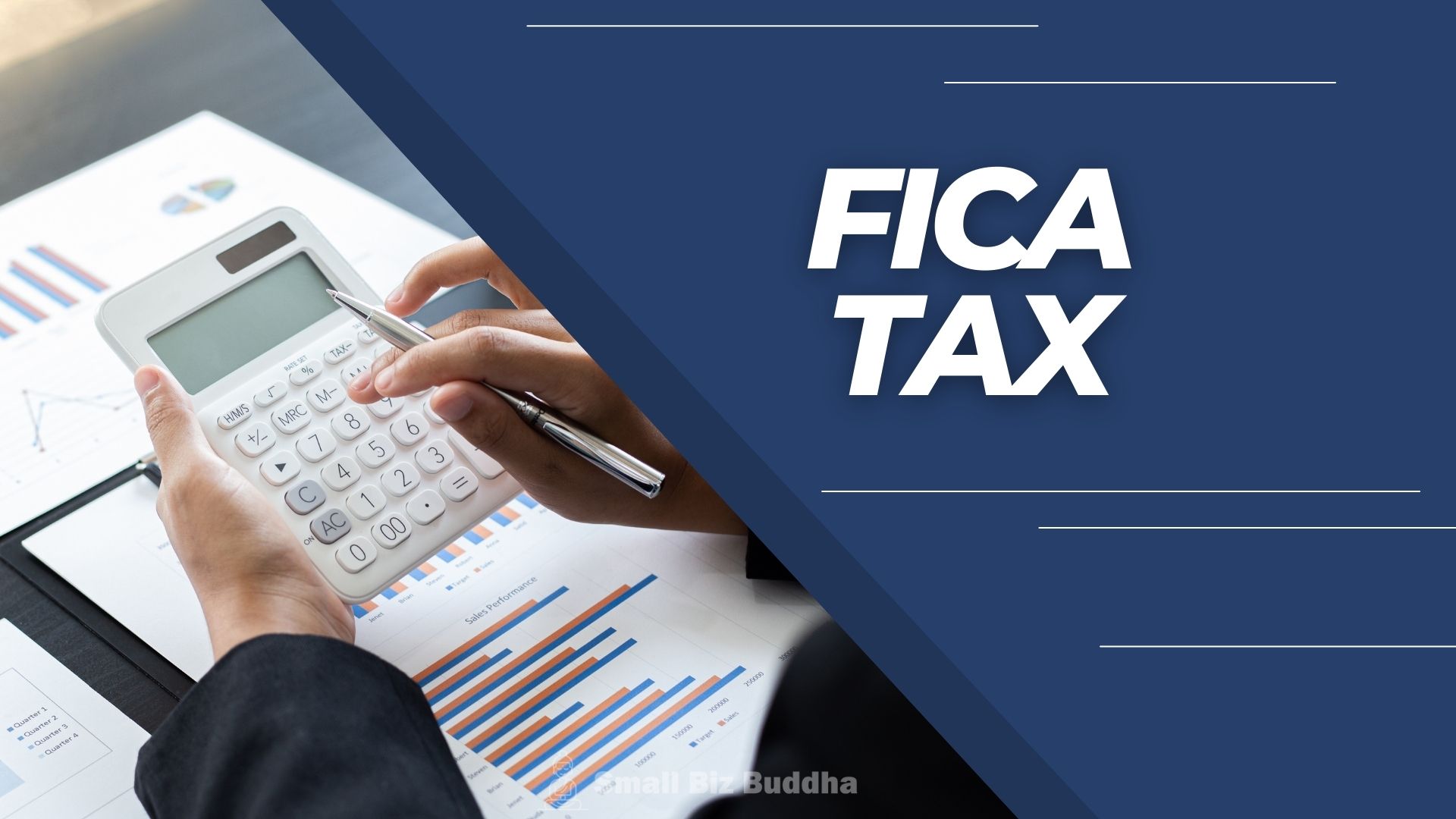The Federal Insurance Contributions Act, also known as FICA, is a tax levied on most U. S. employees who are covered by certain types of jobs and employers also known as payroll tax. The FICA tax is usually referred to as Social Security tax. The FICA tax primarily relates to the Old-Age, Survivors and Disability Insurance (OASDI) program which is administered by the Social Security Administration. However, there are other federal programs that may also impose FICA taxes on their beneficiaries such as the Federal Unemployment Tax Act (FUTA). These other programs include Medicare and several others that may levy an additional FICA tax on their beneficiaries or employers. In this article we will cover everything from what FICA is, how it works and the various types of income that you might be subject to this tax. You will also learn about the exceptions for not being subject to FICA taxes and some strategies for reducing your liability if you should be subject to this tax in some Formal manner than others.
What is FICA?
The Federal Insurance Contributions Act or FICA is a tax levied on most U. S. employees who are covered by certain types of jobs and their employers. The FICA tax is usually referred to as the Social Security tax. And these taxes are applied to the income that is subject to the Act. The FICA tax primarily relates to the Old-Age, Survivors and Disability Insurance (OASDI) program which is administered by the Social Security Administration. However, there are other federal programs that may also impose FICA taxes on their beneficiaries or employers. These other programs include Medicare and several others that may levy an additional FICA tax on their beneficiaries or employers.
How Does FICA Work?
The FICA tax works as a percentage of your wages, salaries and tips that are subject to the tax. It is particularly important to note that if you are an employee and you are covered by FICA as part of your contract, you are obligated to pay this tax regardless of whether you actually receive the money. In fact, it is not uncommon for employers to withhold this tax from their employees’ wage and salary payments. If you are self-employed or have some other source of income that is not subject to the FICA tax, you will still have to pay this tax. This means that you have to have a method of paying the tax, even if you don’t receive the money. For example, you can have a bank account that has a certain amount withheld every pay period for you to pay the FICA tax.
Types of Income That Are Subject to FICA Taxes
- Regular wages, salaries and commissions
- Tips and gratuities
- Net profit of S corporations and partnerships
- Alimony and other types of income under some programs
- Gambling winnings and prizes under some programs
Exceptions to FICA Taxes
- Some types of income are exempt from FICA taxes. One of the most common exceptions is the self-employed who do not have to pay FICA taxes if they have less than $400 of net earnings in a calendar year. The key is to make sure that someone is collecting this tax on your behalf.
- Some types of income are not subject to FICA taxes. These include tips, scholarships, certain types of military pay, most types of pensions and some types of disability income.
Strategies for Reducing FICA Tax Liability
- If you are required to pay FICA taxes on your income, you may qualify for one of the exceptions that allows you to pay less than the full amount. In fact, there are a variety of ways to qualify for an exception to this tax. For example, you can claim your child as a dependent and reduce the amount of income you have. You can also claim some types of expenses that reduce your income. This might include the cost of home office expenses, some types of transportation and health care.
- Another way to reduce FICA tax liability is to file taxes as married filing jointly instead of filing as single. This way you can double your exemption amount and potentially pay much less in taxes.
- Another way to reduce FICA tax liability is to claim your business as a deduction on your taxes. This will reduce the amount of income you have and therefore pay less tax on.
- Claiming your mortgage interest and real estate taxes as a business deduction will also help you reduce the amount of FICA tax that you are responsible for.

